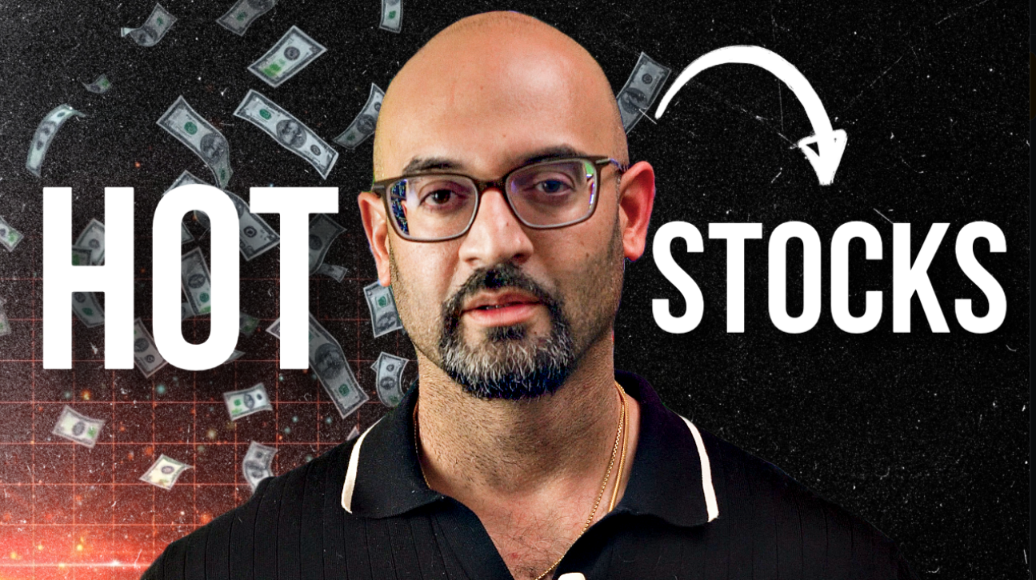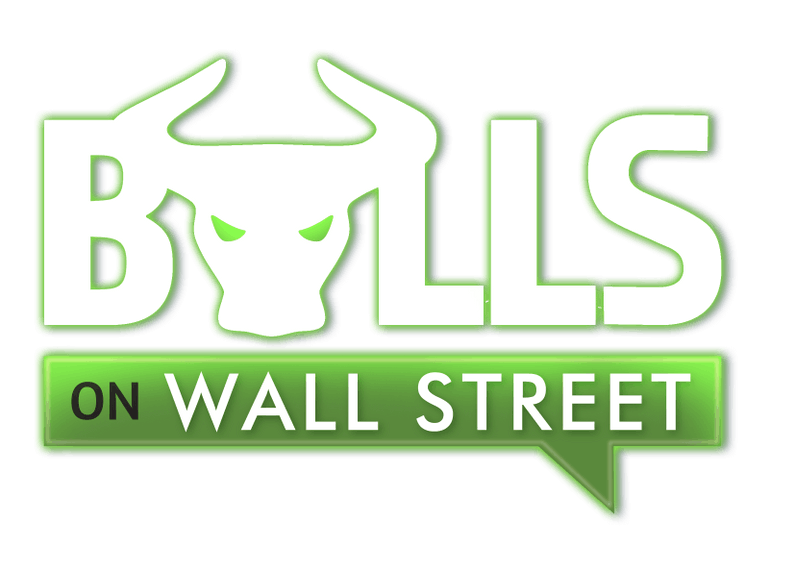 Hope that yesterday’s article about expiration dates in options contracts cleared up some confusion people were having. Today we are going to talk about a crucial term and concept in options trading: Delta.
Hope that yesterday’s article about expiration dates in options contracts cleared up some confusion people were having. Today we are going to talk about a crucial term and concept in options trading: Delta.
Delta Definition: Ultimate Guide for Learning to Trade Options
Share:
Facebook
Twitter
Pinterest
LinkedIn
Stock & Option Software used by Bulls on Wallstreet

Social Media
Related Posts
Market Speculator Part-Time | Swing Trade Report
February 20, 2025

Stock Market Resting Before the Next Move? Top Trades for Tomorrow
February 19, 2025
Market Speculator Part-Time | Swing Trade Report
February 19, 2025

Stop Guessing.
Start Trading.
Secured Checkout Providers
- Home
- Live 60-Day Trading Boot Camp
- Day Trading
- Part Time Trading
- Events & Work Shops
- Tc2000
- Tc2000
- About
- Blog
- FAQ
- Contact